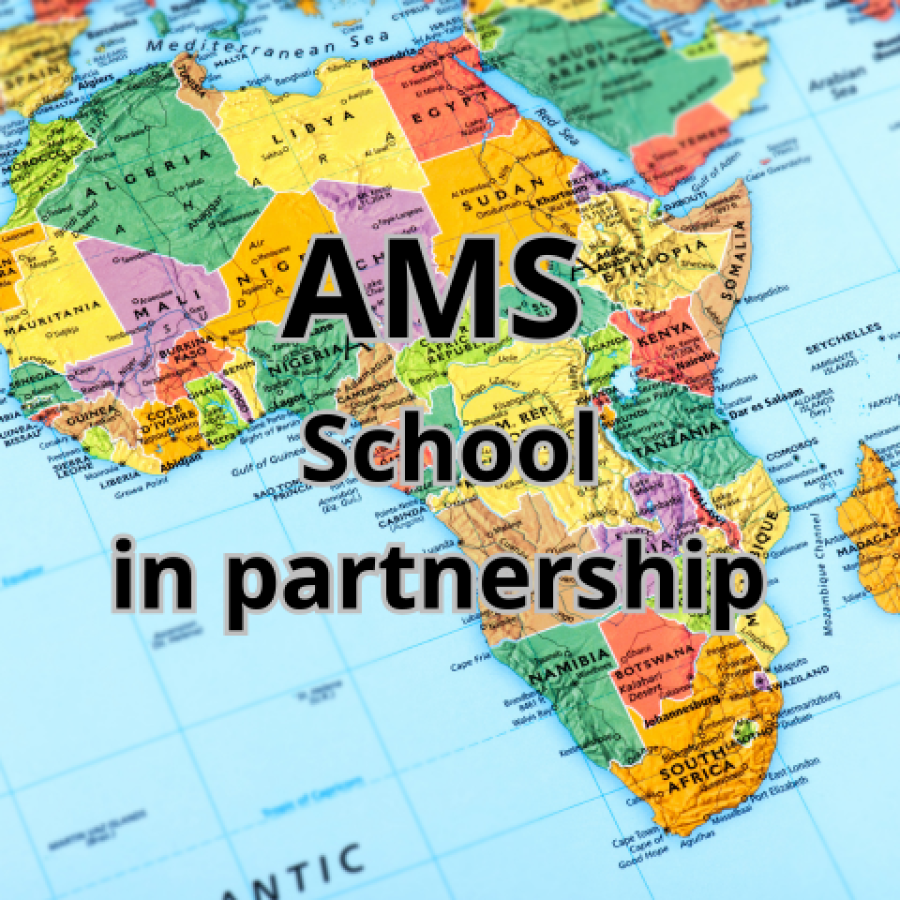Etienne Pardoux
Summary: On présente les mesures aléatoires de Poisson, et comment celles-ci permettent de construire les processus de Lévy, mais aussi les équations différentielles stochastiques à sauts, ainsi que les processus de branchement à espace d’état continu




